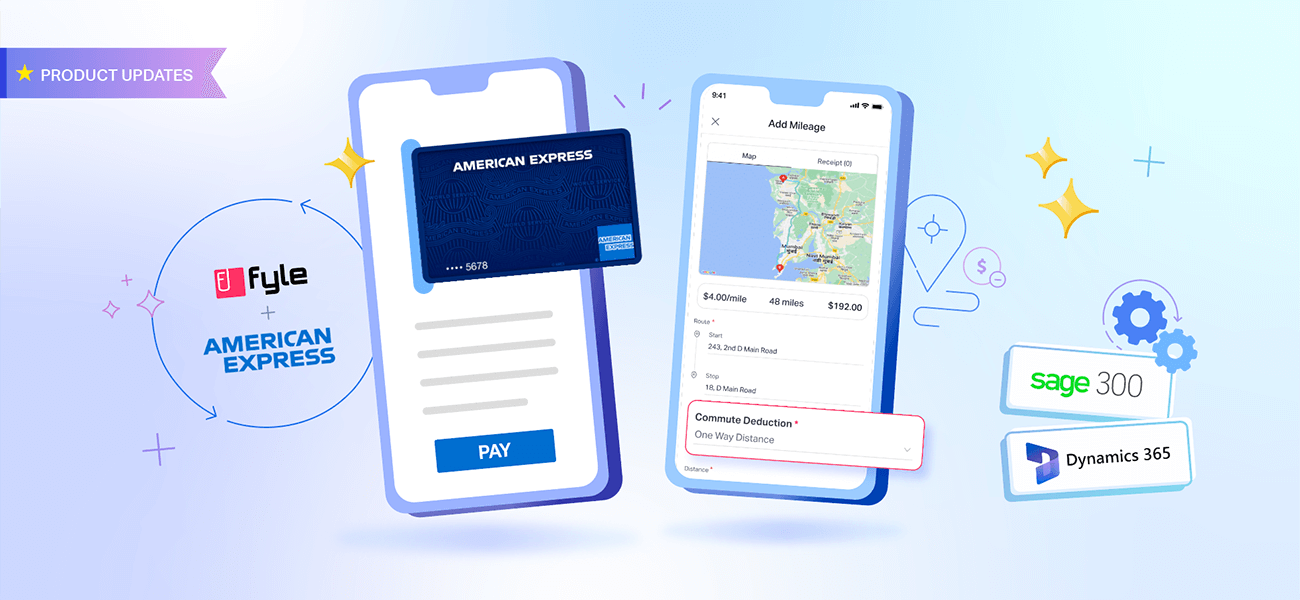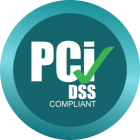Employee prepaid cards are becoming extremely popular among companies, these days.They help employees and the management with flexible spending, reconciliation and simplify the expense management process. As with everything, using prepaid cards also come with their own pros and cons.We are sure, you might know of the benefits, but we are going to give you insight into why they aren’t the best alternative for you.
Why are prepaid cards considered an attractive option for companies?
- Employees do not always prefer using their own personal cards for purchases on behalf of the company. Keeping in mind that it may affect their credit score or they might not be reimbursed on time.
- Expenses are centrally stored, companies have better control of the spending patterns of employees. With the use of robust analytical tools, finance teams can view expenses department-wise or vendor-wise.
- Employee expense cards come with some exciting enterprise perks. They offer employees with business travel insurance, free access to airport lounges, and more.
- Companies can usually strike some subsidy on the interest rates from banks on these cards. This also helps control the bottom-line to some extent.
- Corporate cards do not hold an individual liable for the card payments. No employee’s personal credit score will have to take a hit for a purchase he has made on behalf of the company.
Disadvantages to using prepaid cards:
Adoption of corporate expense cards has surged in the last decade. A survey in 2016 showed that about 67% of corporates have made use of prepaid cards. Of that lot, 24% have made it the primary source for spending.While there has been a striking rise in the adoption and usage, expense cards come with some inherent disadvantages for the business.
Here is an interesting case - In 2010, a Goldman Sach’s employee, Kristen Jaques was fined and suspended for using her corporate credit card for personal expenses. For thirteen months, not only did she charge her personal expenses on the card, but she was also constantly reimbursed for them.
Moreover, these cards come with a great deal of responsibility. If the company fails to take simple measures, expense cards may lead to administrative inconveniences and business losses, much like in the case stated above.
What could go wrong?
- Inconvenience in Tracking for Employees and Management

The do’s and don’ts of the company policy can be confusing and make tracking expenses difficult for employees and accountants. Unknowingly, charging personals on the company card may ultimately hit the employee’s wallet. Loss of receipts and cards can also cost the company heavily.
- Not your best Defense against Frauds

Fraud is one of the most apparent reasons companies avoid issuing the credit card. Employees may use the card for purchases outside the accepted domain, and it may even go to the extent of forging signatures on the expense report, much like Jaques did. In some cases, personal expenses are disguised as company charges, say, dinner with a client, when clearly the “client” is the employee, themselves.
- Not the end of Paperwork

Expense cards only solve a part of the manual workflow. Auditors require hard copies of receipts, regardless of payments using the card for tax write-offs. Employees still need to file expense reports and submit receipts for proof. This includes a lot of paperwork, which most companies assume can be avoided.
- Interest Rates and Fees For Cards

Corporate cards also come with the threat of bad credit and debt. Defaulting on the payments leads to late fees and increase the interest charged. These “extra charges” cost a good 5-7% of the monthly expense. This further affects the credit score of the company and may cause issues.
The final verdict
Corporate credit cards may be a great way to track the spending patterns of employees and reap the benefits that come with them. However, sometimes they are just not worth the risk. The cards used just as they are without the support of a smart expense management system are not entirely advantageous to the company. Linking your employee’s cards to the expense tracking software will make it easier to flag any fraudulent expenses and helps keep the credit score healthy.
How does Fyle address this challenge?
Credit card reconciliation is an essential feature of the Fyle software. Fyle aims to further simplify the process of expense management and corporate credit reconciliations.With just one click, employees can upload their credit card statement, and the software will record all the reimbursable expenses. The automated policy checks reduce the burden for finance heads with regards to policy infringement. The system will automatically flag any expense that has either violated a company policy or exceeded a predetermined limit.The paperless process not only integrates with any accounting system but also transfers data logically and coherently. This further simplifies the process at every step. Now, your company can use corporate cards to their fullest advantage without worrying about fraud.
Don’t let corporate credit cards be a hassle to your company. Know more about how to maximise your corporate credit card usage with Fyle.










